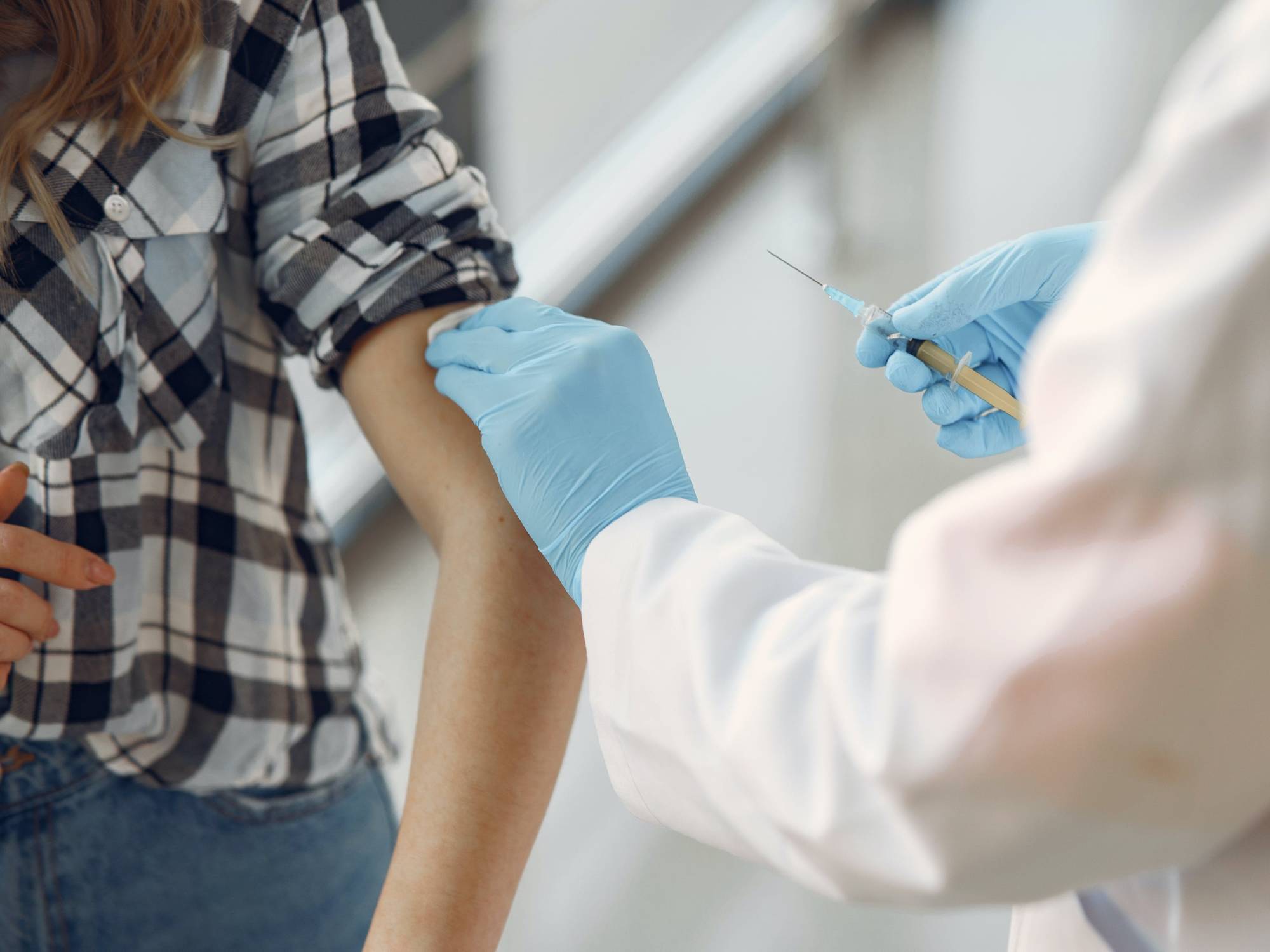

Click here to see all of PopSci’s COVID-19 coverage.
Although mass vaccination against the novel coronavirus is still months away for most of the country, states are expanding eligibility. Now, essential workers, people 65 and older, or with underlying conditions, may be able to get inoculated soon depending on where they live.
Even if you’re far down the list, it’s important to know what to do before you roll up your sleeve—from how to make the most of the shot, to how to prepare for the possible side effects.
Don’t buy into immune-boosting hacks
Some companies are advertising vitamin regimens to strengthen the immune system and boost protection from the vaccine, but there’s no data to suggest any benefits from them.
“People do not need to try to find immune boosting supplements in order to make the vaccine work,” says Jeanne Noble, the director of COVID response for the Emergency Department at the University of California, San Francisco. “The new mRNA vaccines are among the most highly effective we have.”
Other tricks touted for their immune-boosting effects, such as avoiding alcohol and getting a good night’s sleep, may be useful but for different reasons. Poor sleep can lead to fatigue or headaches, which if someone at the vaccination site mistakes for COVID symptoms, might result in them turning you away. Finally, you may want to leave the toasts to after your second dose, as some of the vaccine’s side effects can make a dreadful hangover even worse.
[Related: Pregnant people can—and should—get vaccinated against COVID-19]
Be careful if you’re prone to serious allergic reactions
Most people with allergies (even those with bad reactions to eggs) shouldn’t be particularly concerned about getting the COVID-19 vaccine, Noble says. But if you have ever experienced anaphylaxis—a serious response that throws the body into shock after exposure to an allergen—you should take special precautions.
Keep taking your allergy medications as your doctor prescribed, and if you have an EpiPen, bring it to your appointment just in case. In the hours before you leave home, avoid anything that might increase your chance of having an allergic reaction, such as exposure to cold air. At the vaccine site, tell the doctor or nurse in charge about your condition so they can take precautions if necessary.
Even though allergic reactions to the vaccine are rare, medical protocol forces people to stay at the site for 15 minutes after getting the shot to make sure there’s no negative response. But if you have a history of anaphylaxis, healthcare workers in charge will ask you to wait for 30 minutes before you leave, so it’s a good idea to bring a fully charged phone or something else to occupy yourself.
If you are allergic to any ingredients in the available COVID-19 vaccines, the Centers for Disease Control and Prevention recommend not getting vaccinated at this point.
[Related: How US veterans can get COVID-19 vaccines]
Don’t premedicate against side effects
The vaccine against the novel coronavirus has quickly become infamous for causing pain at the injection site. Unfortunately, there’s no way to prevent this, but getting the shot in your non-dominant arm can mean less discomfort the following day, which you can then treat with a warm compress.
Mild headaches and body aches are relatively common, and while more than half of the people who have received the vaccine report feeling fatigued after the first dose, Noble says only about 1 in 10 patients will run a fever, so chances are you won’t need to call out of work.
Still, no one likes to deal with a sore arm and an annoying headache for an entire day, so you might be tempted to take preventative painkillers before getting the vaccine. Don’t do it, though, and leave any pain medication for after you get your shot.
[Related: COVID-19 vaccines could end the pandemic by eliminating severe cases]
For one, if you have COVID-19 and you’re just starting to show symptoms, drugs could mask them, making it more difficult to detect before you infect someone else. And if you suspect you might already have it, you should get tested before you get the shot—if you’re positive, it’d be too late to get any benefit from the vaccine, Noble says.
Finally, there is some evidence that taking ibuprofen or acetaminophen before getting vaccinated can dull the body’s immune response. The evidence is scarce, but since we don’t have more information, it’s better to be safe than sorry.
The second dose of the COVID-19 vaccine is more likely to cause side effects, but just as with the first one, don’t premedicate. Instead, before you leave for your appointment, make sure to leave medications at hand at home in case you need them afterwards. No one wants to go fishing for a warm compress when their arm hurts.
